The Religious Right: Not Right, Not Religious
By:
With the furious debate over North Carolina’s HB-2, it’s now official: our political dialogue has gone into the toilet. Once again, a significant step forward in civil rights has sent evangelicals into a full-metal freak-out, this time over where transgender people can go potty.
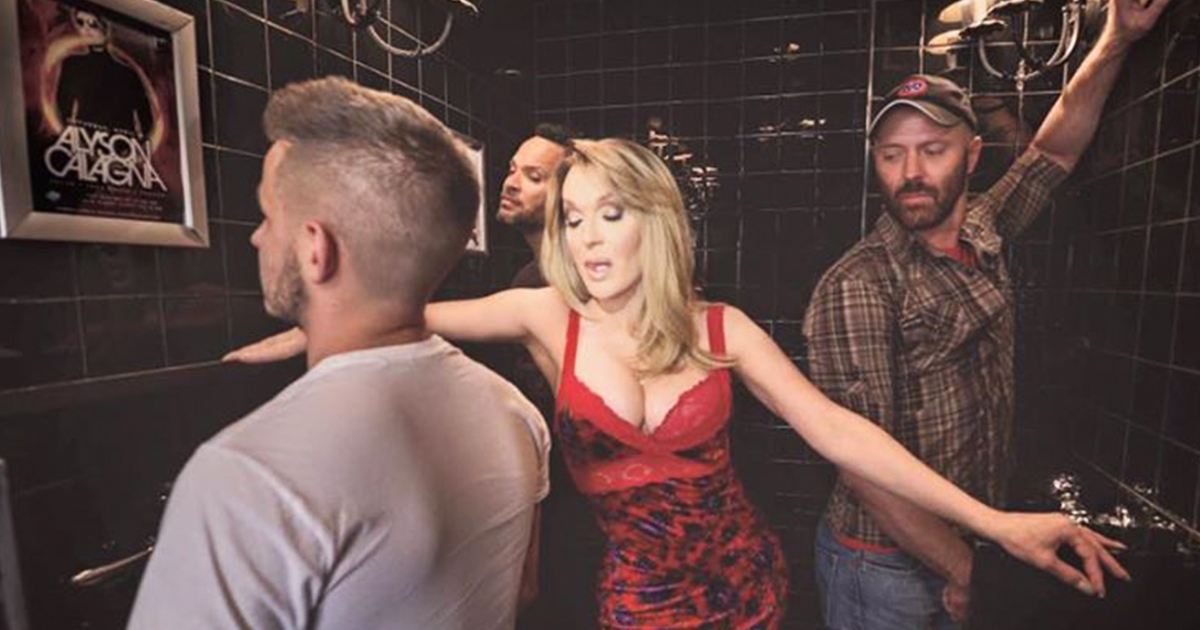 Facebook/Kelly Lauren - facebook.com
Facebook/Kelly Lauren - facebook.com
While in the throes of his campaign’s final death rattle, Ted Cruz fretted over the dangers his daughters might face from strange, sexually ambiguous predators lurking in public restrooms. Meanwhile, the Texas Lt. Governor has been railing against the president’s action to make public schools open their bathrooms to everyone, cleverly employing the phrase “30 pieces of silver,” because obviously this is a betrayal of Biblical proportions. (Didn’t two guys kiss in a garden in that story?) And just to show they won’t be out-crazied by Texas, the Republican-controlled Oklahoma legislature wants to impeach the president over the issue.
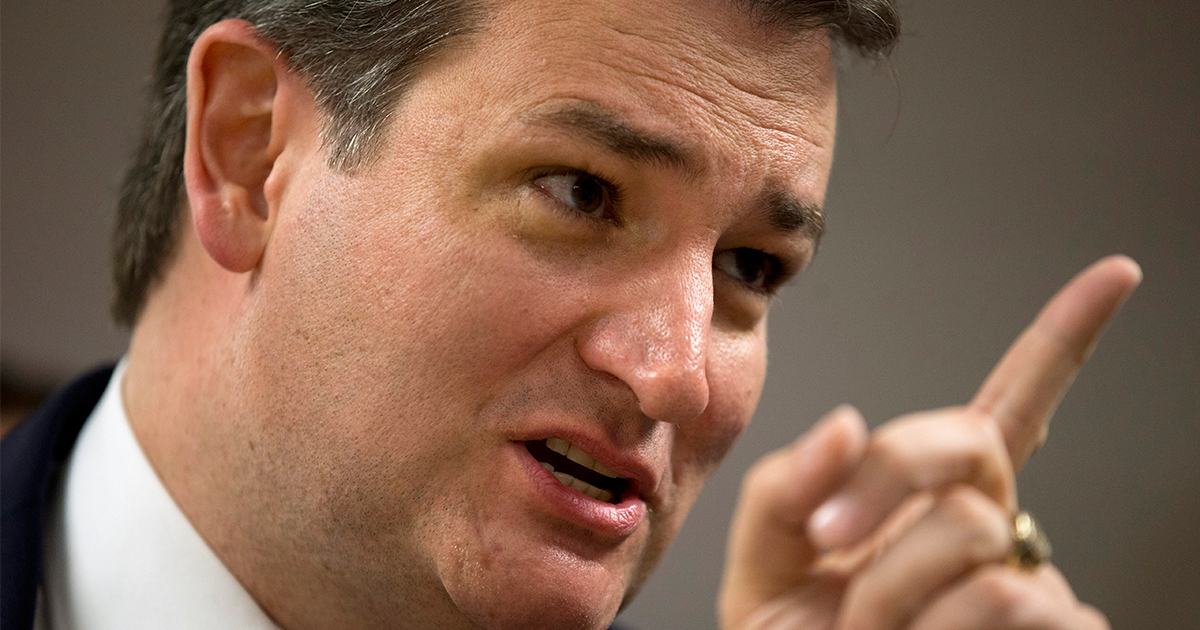 AP/Mary Altaffer - apimages.com
AP/Mary Altaffer - apimages.com
The evangelical right (Americanus Relignoramus) has a history of battling social progress in this country dating back to the 1925 Scopes Monkey Trial and the 1962 Supreme Court decision outlawing prayer in public school. They’re still reeling from the legalization of gay marriage and still hell-bent on overturning Roe v. Wade. And the only reason they’re not popping open the non-alcoholic cider to celebrate a Supreme Court decision allowing corporations to opt out of providing contraception under the ACA is the untimely demise of Justice Scalia.
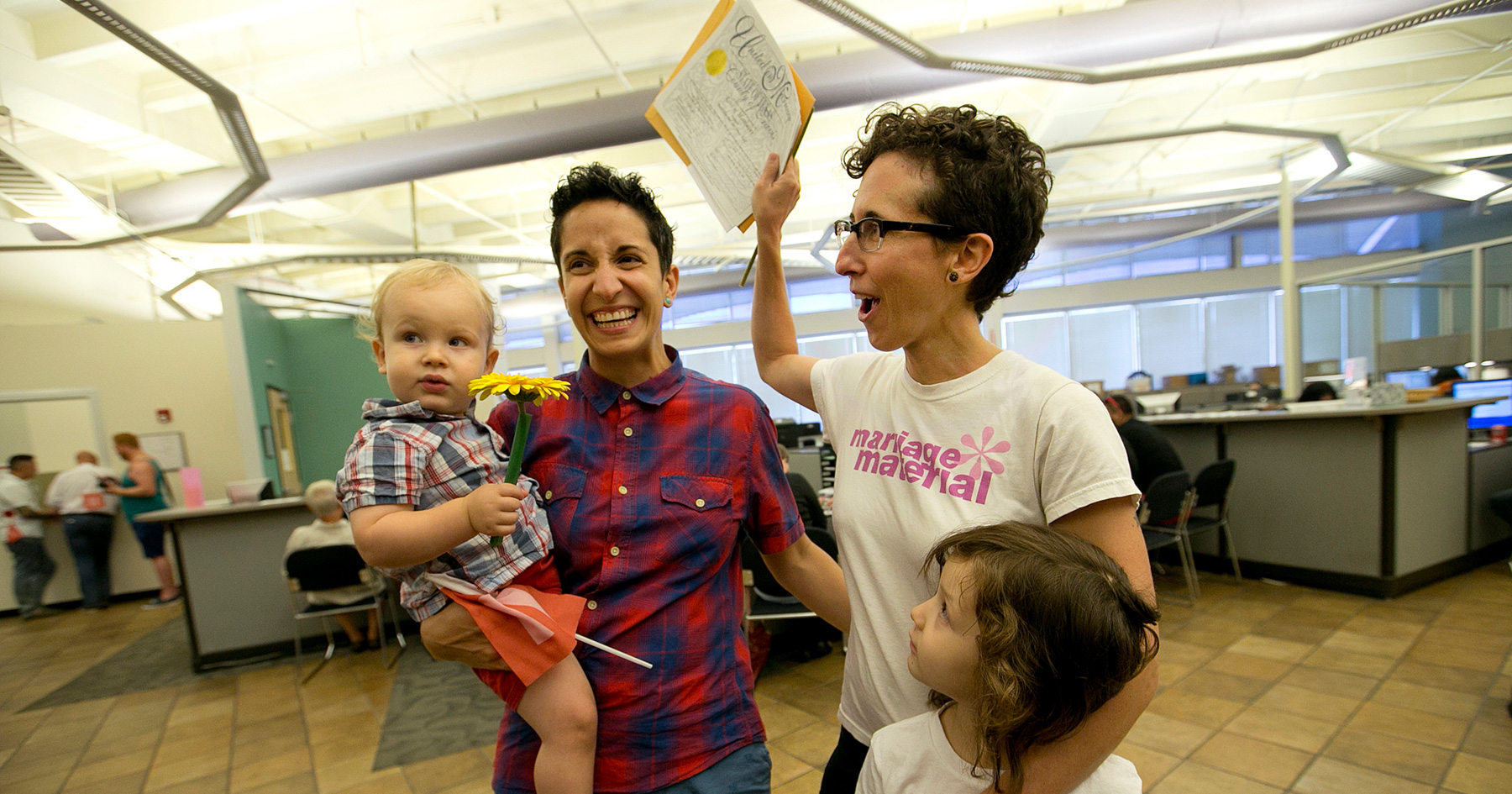 Deborah Cannon/Austin American-Statesman via AP - apimages.com
Deborah Cannon/Austin American-Statesman via AP - apimages.com
It seems there’s nothing these people love more than whipping themselves into a self-righteous frenzy, all based on a literal interpretation of one book, written thousands of years ago, that is riddled with myth, prejudice, superstition, misogyny, and homophobia. Someone needs to tell them that the Bible isn’t a sex manual. Nor is it a science book. That idiotic notion has saddled us with the pseudoscience of creationism, which can now be taught in public schools in 14 U.S. states as a valid alternative theory to evolution.
Chronologically, this may be the 21st century, but intellectually, it’s the Dark Ages.
However, the problem isn’t religion. It’s our fundamental misunderstanding of it.
 Neville Borg - flickr.com
Neville Borg - flickr.com
For all our technical sophistication, when it comes to this subject, we’re so mired in ignorance and superstition we might as well be running around in animal skins, sacrificing goats, and throwing virgins into volcanoes.
Our conversation on religion is grounded in an unfortunate paradigm, in which one is a believer, atheist, or agnostic. Believers cling to their faith, and you challenge it at your own risk. To atheists, religion is just a nonsensical collection of fairy tales for people who can’t deal with life based on reason. As for agnostics, they’re just intellectual eunuchs who think they’re demonstrating great equanimity by proclaiming, “maybe there’s a God, maybe there’s isn’t. It’s all too mysterious for we humans to know.” These stale categories have framed our discussion on the subject on TV, in classrooms, in courtrooms, and even in the media. People yell, scream, rant and rave about religion, yet have no idea what it really is, or why it even exists in the first place.
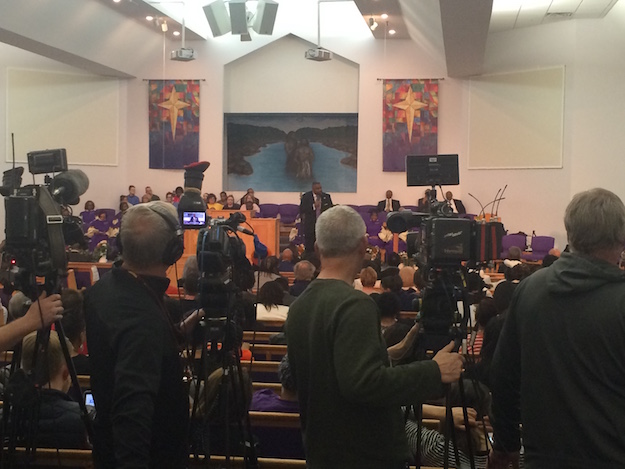
In 2010, I wrote a book: Deconstructing God – A Heretic’s Case for Religion, in which I made the argument for a more reality-based understanding of the subject. I condensed those ideas into a chapter in my recent book: Welcome to Dumbfuckistan – The Dumbed-Down, Disinformed, Dysfunctional, Disunited States of America. Here is that argument, pared down to 10 basic points:
.jpg?auto=format&crop=faces&fit=crop&q=60&w=736&ixlib=js-1.1.0) Creación de Adán, Michaelangelo (Wikimedia Commons) - wikipedia.org
Creación de Adán, Michaelangelo (Wikimedia Commons) - wikipedia.org
1. Religion has nothing to do with a creator God. Belief in the anthropomorphic God is virtual idolatry, monotheism with a polytheistic mindset.
2. There is no conflict between science and religion. Science explores the origin and nature of the physical universe. Religion is meant to guide one toward a more profound experience of life. They have absolutely nothing to do with each other.
3. The word “religion” comes from the Latin "re-ligio," meaning to reconnect; in this case, with a consciousness of life that can arise as a result of transcending, or letting go of, our ego-based experience.
4. Whether it’s called spiritual, mystical, or psychological, this is the experiential core of all religions. The big bang of all traditions.
5. Religious language isn’t literal; it’s metaphorical. Genesis isn’t history or science, it’s poetry. “The hand of God moved across the face of the waters” wasn’t about a real hand, or a real God. It was meant to convey an experience of the pristine beauty of nature using poetic imagery. The Kingdom of Heaven isn’t a magical sky palace where nice people go when they die. The concept isn’t temporal or geographical, it’s psychological; thus the phrase from the Thomas Gospels: “The kingdom of heaven is within you.”
6. While religious art, symbols, and icons can be appreciated aesthetically, their main function is didactic. Per Joseph Campbell: “The purpose of a mythological symbol is to awaken the energies of life.” The idea is to look through the symbol to the meaning behind it.
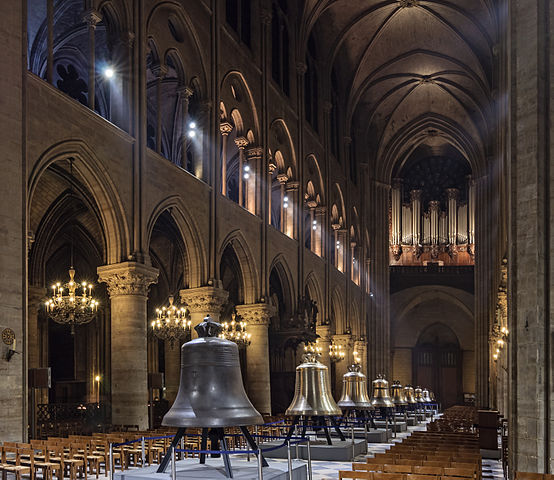 Myrabella / Wikimedia Commons - wikipedia.org
Myrabella / Wikimedia Commons - wikipedia.org
7. Religion isn’t something we believe, it’s something we do. Prayer isn’t about appealing to some higher power for divine intervention in one’s life. It’s an internal mechanism for opening the heart. Per Kierkegaard: “The function of prayer is not to influence God, it’s to change the one who prays.”
8. Most people will never have a mystical experience. We’re just not wired that way. We’re all too caught up in the ten thousand things that make up our lives. But even the lay practice of religion, in any tradition, is meant to guide one toward feelings of tolerance, compassion, forgiveness, and love.
9. We need to start a new conversation about religion, one that would begin by teaching it in schools. Not practicing it, teaching it. We need to educate children on the subject based on reason, instead of indoctrinating them based on belief.
10. Given that we are so entrenched in our respective camps, I sincerely doubt an enlightened dialogue on the subject will occur anytime soon. Unfortunately, until it does, American life will be held hostage by a group of self-righteous, self-proclaimed religious types who don’t know the difference between morality and moralizing. Morality is about teaching you how to live with your neighbor. Moralizing is about trying to tell your neighbor how to live.
Ian Gurvitz is the author of "Welcome to Dumbfuckistan: The Dumbed-Down, Disinformed, Dysfunctional, Disunited States of America."
